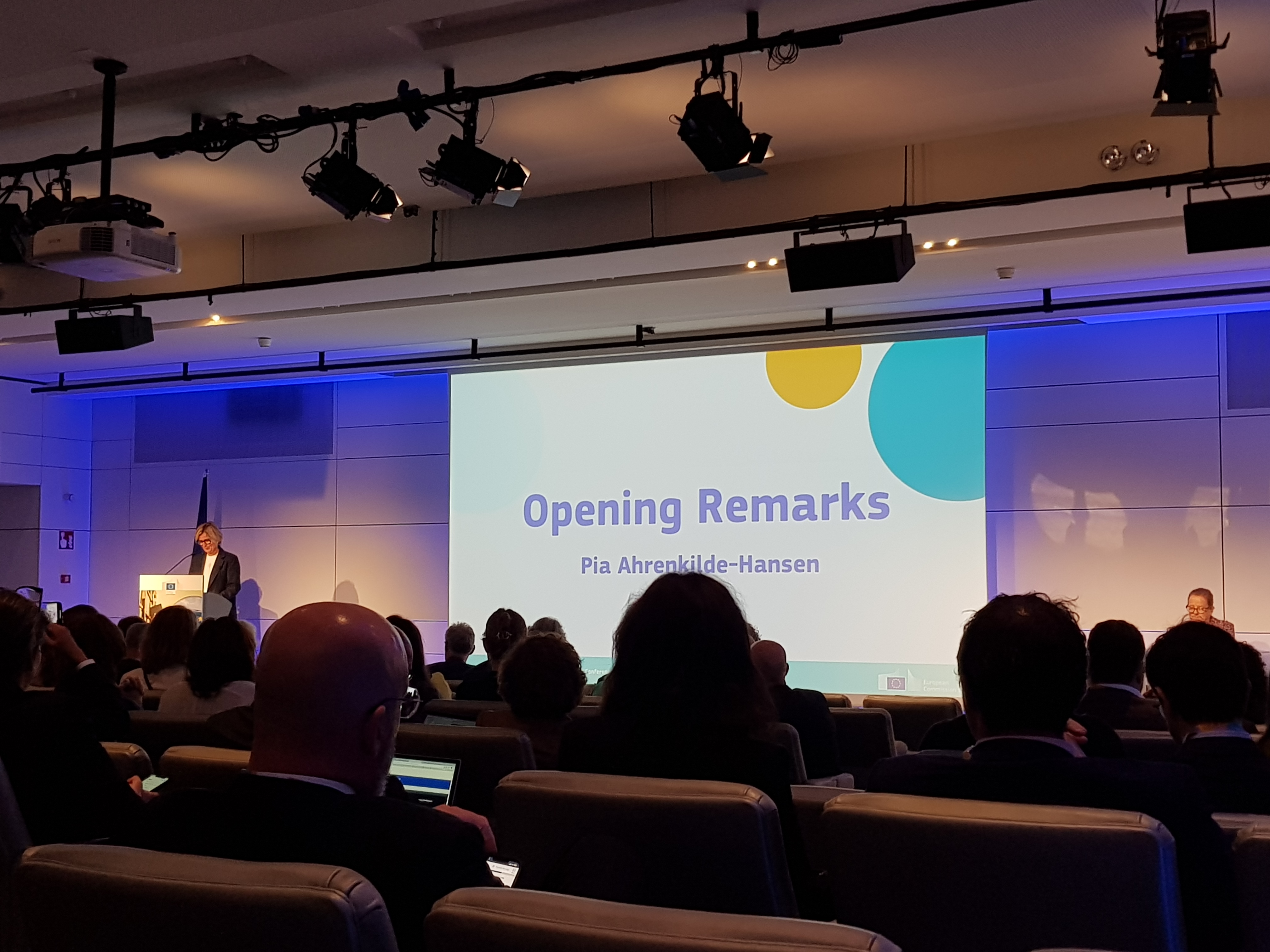A recent study commissioned by the European Commission concludes that inclusion is the most successfully implemented priority in Erasmus+ 2021–2027, across all sectors.
The study explores the Erasmus+ final evaluation for 2014–2020 and interim evaluation for 2021–2023. It found that nearly 50% of co-operation projects include inclusion and diversity objectives. Since 2021, all national agencies involved in Erasmus+ have taken action to promote inclusion, an increase from just 38% of agencies in 2015.
More individuals identified as having ‘fewer opportunities’ are now participating in the Erasmus+ programme. The proportion rose from 10% during 2014–2020 to 15% in 2023. Through the programme, these participants gained skills, broadened their international outlook and improved career prospects.
However, the study also identifies areas where the programme could improve. These include inconsistent definitions of ‘people with fewer opportunities’ across countries, difficulty identifying target groups, and a lack of statistical data. It recommends that the programme should provide stronger support to national agencies, improve ways to monitor inclusion strategies, and increase funding in areas with significant social impact, among other things.
The study mentions EASNIE in relation to the added value that it provides to European Union countries through work including the Technical Support Instrument and the Commission’s Working Groups.
In addition to the study, the Commission has released a progress report on the evaluations. The report outlines the range of positive effects Erasmus+ programmes have had on individuals, organisations and education systems across Europe. It also highlights national data showing that the programmes have helped participants build resilience, develop critical thinking and improve their learning abilities.
The Commission website provides more information on the evaluations, together with the abovementioned study and progress report.

